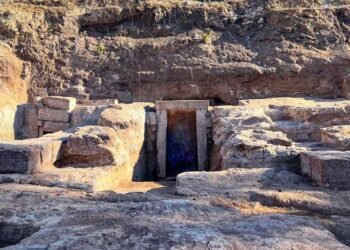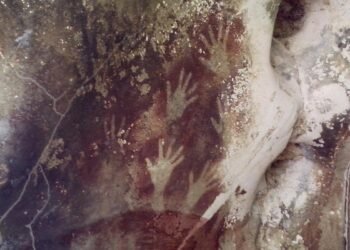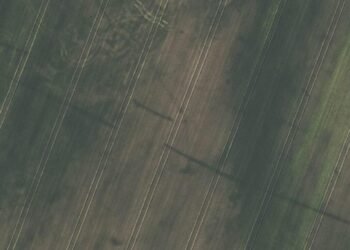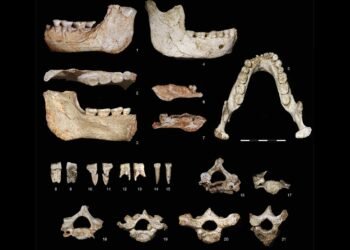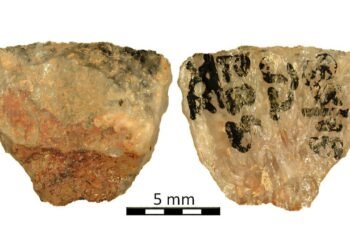Two ancient clay tablets unearthed in Iraq may contain clues to the lost Amorite language, which is similar to Hebrew and Aramaic. For years, experts have argued that the ancient Amorites spoke Akkadian.

The tablets were discovered in Iraq around 30 years ago, presumably during the Iran-Iraq War, which lasted from 1980 to 1988; they were subsequently placed in a collection in the United States. However, little more is known about them, and it is unknown if they were taken legitimately from Iraq.
Two Assyriologists, Manfred Krebernik and Andrew George, have set out to decipher yet another ancient language. They published an article stating that two clay tablets discovered in Iraq may contain the key to deciphering a lost Canaanite language.
The nearly 4,000-year-old tablets are similar to the famed Rosetta Stone, which included an inscription in one known language (ancient Greek) alongside two unknown written ancient Egyptian scripts.
The tablets record phrases in the almost unknown language of the Amorite people, who originated in Canaan (roughly what is now Syria, Israel, and Jordan), but who later founded a kingdom in Mesopotamia. These phrases are placed beside translations in Akkadian which can be read by modern scholars.
“Our knowledge of Amorite was so pitiful that some experts doubted whether there was such a language at all,” researchers told Live Science in an email. But “the tablets settle that question by showing the language to be coherently and predictably articulated, and fully distinct from Akkadian.”
They first struggled to recognize the mystery language, but they were able to determine that it was a member of the West Semitic language family, which also includes Aramaic and Hebrew, which was once widespread throughout the region but is now spoken only in a few scattered communities in the Middle East.
Krebernik and George concluded that the mystery language and what little is known about Amorite were the same and that the tablets were describing Amorite phrases in the Old Babylonian dialect of Akkadian.
The writing on the tablets may have been done as an “impromptu exercise born of intellectual curiosity” by an Akkadian-speaking Babylonian scribe or scribal apprentice, they said.
“The two tablets increase our knowledge of Amorite substantially since they contain not only new words but also complete sentences, and so exhibit much new vocabulary and grammar,” they added.
Other scholars like Yoram Cohen, an associate professor of Assyriology at Tel Aviv University, believe the tablets served as a “guidebook” for ancient Akkadian speakers looking to learn Amorite.
“There are phrases about setting up a common meal, about doing a sacrifice, about blessing a king,” Cohen told Live Science. “There is even what may be a love song… It really encompasses the entire sphere of life.”




